
Everyone has their own style when it comes to writing. There will always be those out there who will tell you it has to be done a certain way. Of course, there are certain rules of grammar and punctuation to which you should adhere; however, exceptions within dialogue do occur. Your story should have a beginning, a middle, and an end, or your reader will be disappointed.
Beyond those criteria, you are expected to have certain basic elements, some of which I touch on here.
1. Dramatic storytelling, evidenced by conflict, suspense, tension, controversy, mystery, for example.
2. Interesting prose, achieved by getting into the rhythm of the story, feeling the need for shorter sentences to increase tension, more descriptive sentences to draw your reader in. You get the idea. Bring it to life.
3. Characters appeal to or repulse your reader for different reasons. It can be their physical appearance, their history, their psychological strengths and weaknesses. As your story unfolds, their actions add to the response by the reader to them.
4. The Hook, the subject of so much talk out there claiming you have to have the mandatory hook in the first paragraph of your novel. Although "It was the best of times, it was the worst of times..." is certainly memorable and could hook you, most novels don't do this. I've read books that have a "hook" and very little after that to keep me hooked. I've read books that started slowly like a soft breeze, and before I knew it, I was hooked by the story itself. So don't get fixated on some beginning sentence or paragraph and try to fit your story to it.
Bottom Line: Write from your heart. Be a storyteller. Let your passion speak. Follow the rules that need to be followed, like the grammar, punctuation, and basic structure, but let your creativity be your guide.
Beyond those criteria, you are expected to have certain basic elements, some of which I touch on here.
1. Dramatic storytelling, evidenced by conflict, suspense, tension, controversy, mystery, for example.
2. Interesting prose, achieved by getting into the rhythm of the story, feeling the need for shorter sentences to increase tension, more descriptive sentences to draw your reader in. You get the idea. Bring it to life.
3. Characters appeal to or repulse your reader for different reasons. It can be their physical appearance, their history, their psychological strengths and weaknesses. As your story unfolds, their actions add to the response by the reader to them.
4. The Hook, the subject of so much talk out there claiming you have to have the mandatory hook in the first paragraph of your novel. Although "It was the best of times, it was the worst of times..." is certainly memorable and could hook you, most novels don't do this. I've read books that have a "hook" and very little after that to keep me hooked. I've read books that started slowly like a soft breeze, and before I knew it, I was hooked by the story itself. So don't get fixated on some beginning sentence or paragraph and try to fit your story to it.
Bottom Line: Write from your heart. Be a storyteller. Let your passion speak. Follow the rules that need to be followed, like the grammar, punctuation, and basic structure, but let your creativity be your guide.
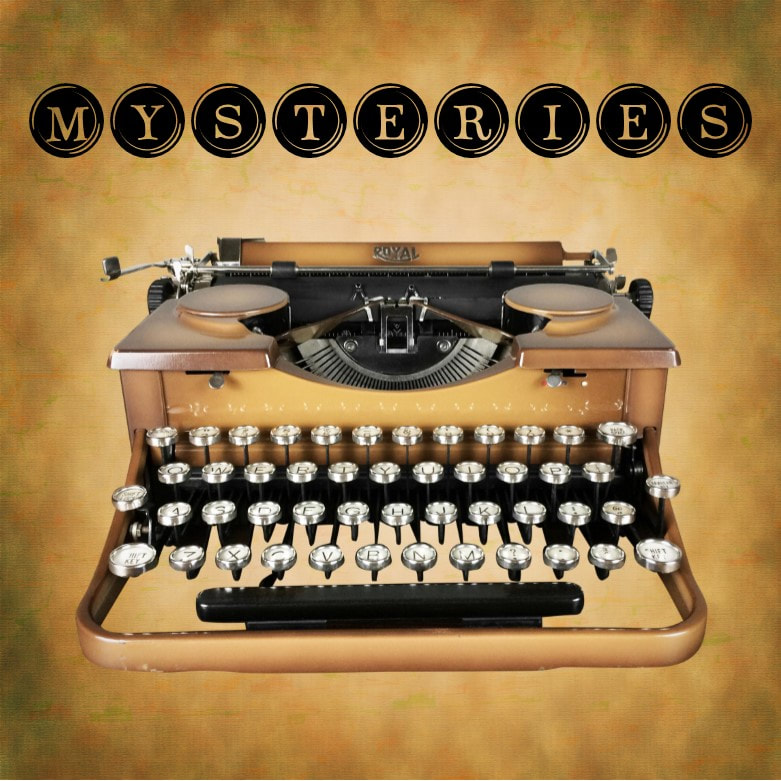
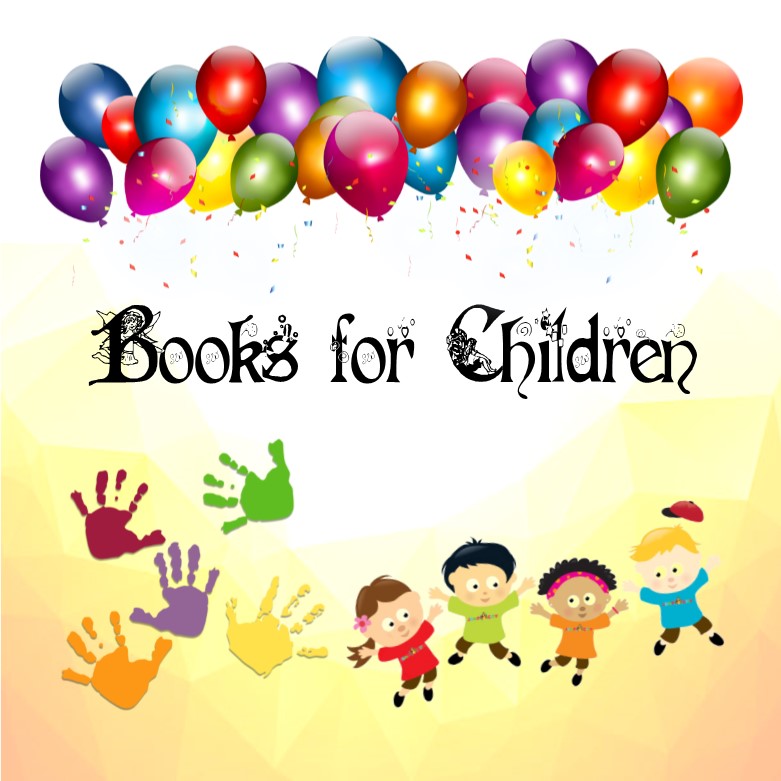
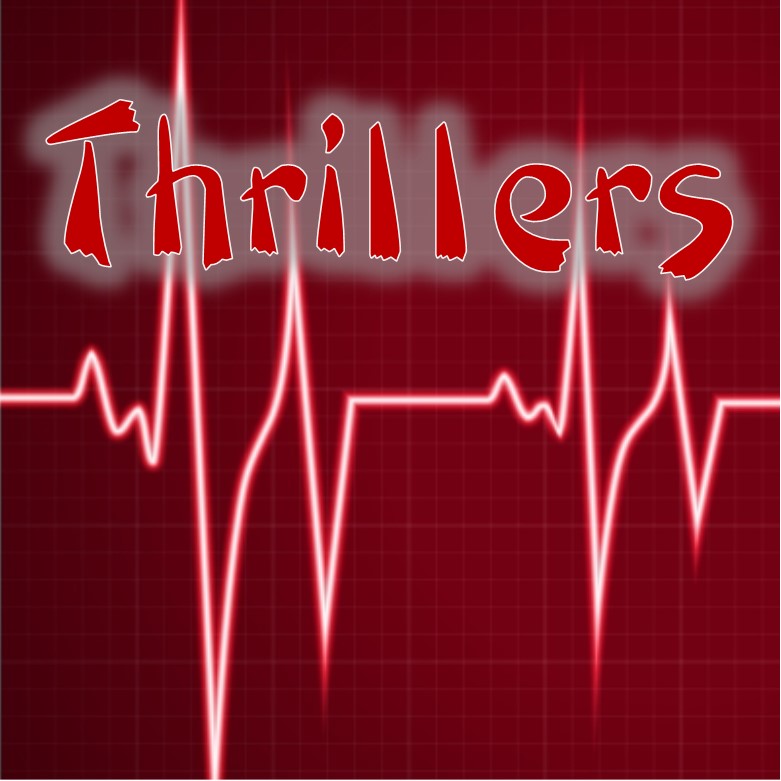
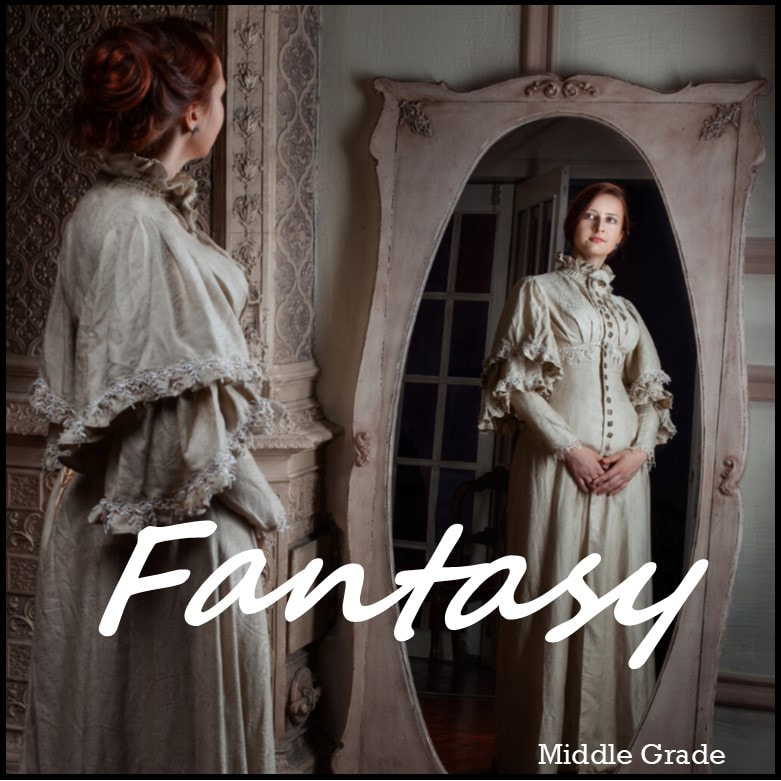


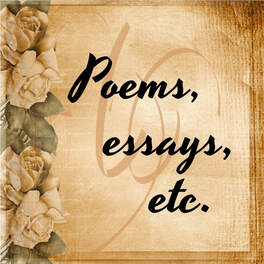
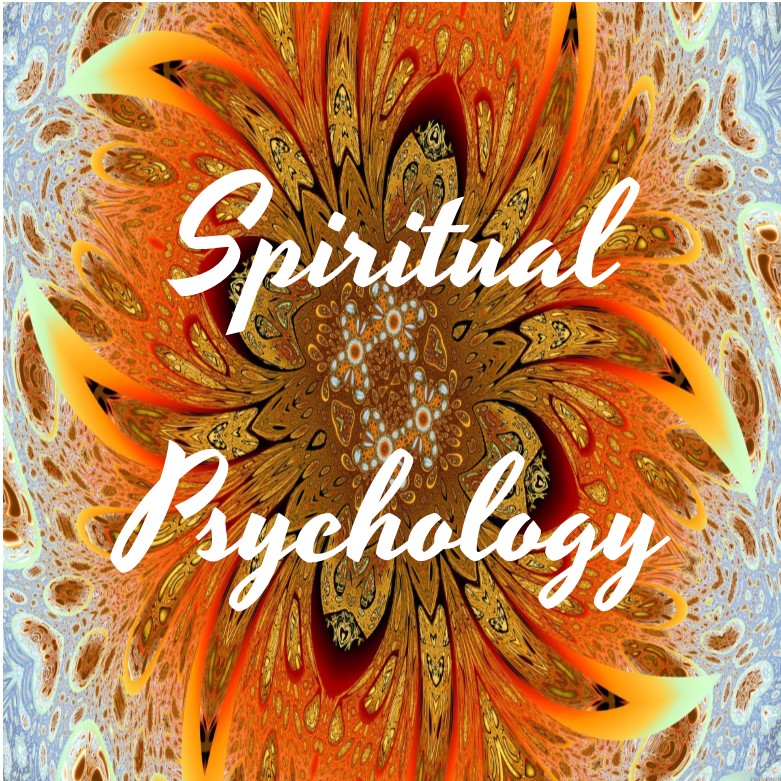

 RSS Feed
RSS Feed